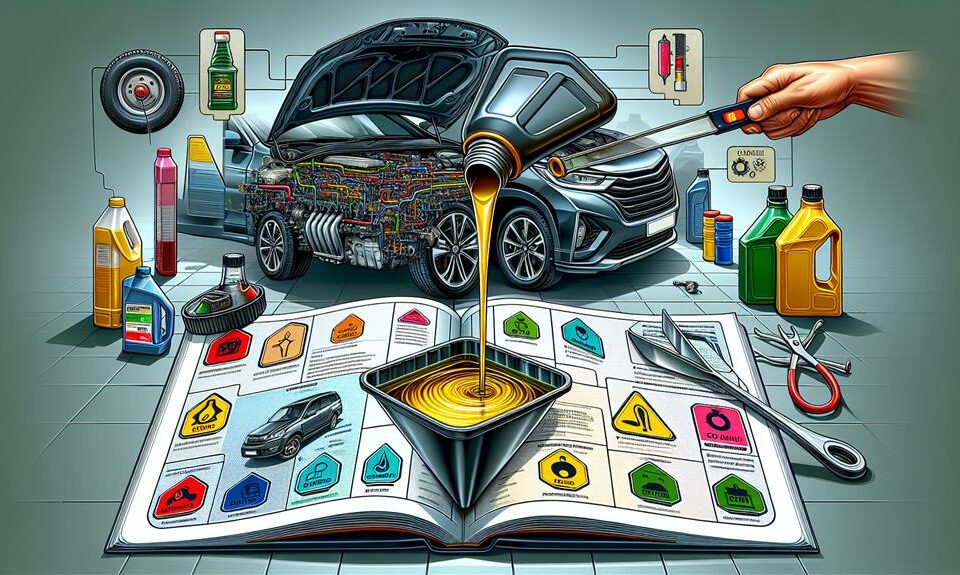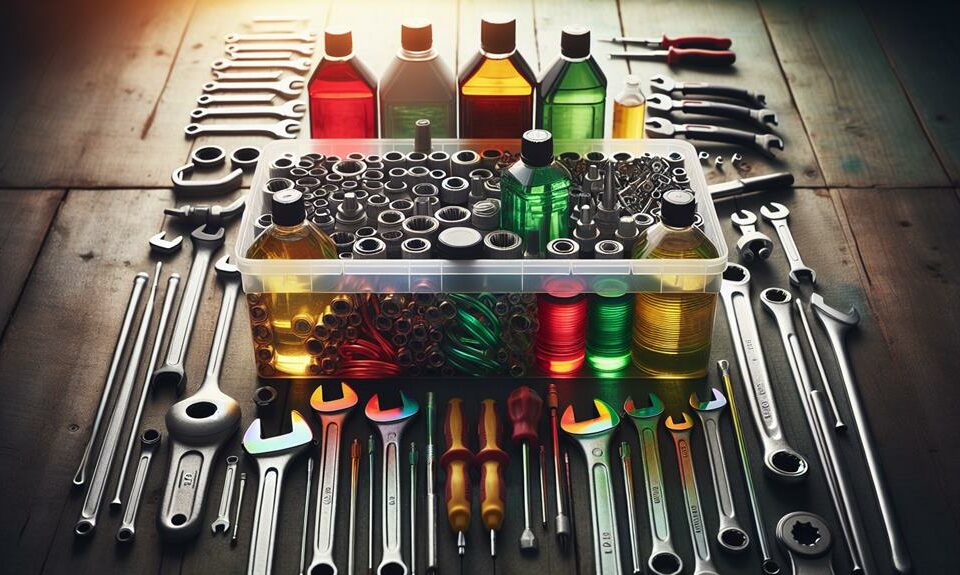Maximizing Your Vehicle’s Health Car Preventive Maintenance Through Fluid Management

The Ultimate Handbook on Brake Component Restoration
February 8, 2024
Fluid Management Fundamentals for Effective Car Preventive Maintenance
March 4, 2024Have you ever considered how crucial fluid management is to your vehicle’s health? You might be surprised to learn how much the lifespan and performance of your car depends on the proper management of its various fluids. Regular checks and timely top-ups of engine oil, transmission fluid, brake fluid, coolant, and power steering fluid can significantly enhance the efficiency of your vehicle, reduce potential repair costs, and ensure a smooth and safe drive. However, understanding the nuances of these fluids, their roles, and their specific preventive maintenance needs is not as straightforward as it might seem.There’s a lot more to discover on this topic, which could change the way you approach your vehicle’s maintenance.
Understanding Key Vehicle Fluids
Your car’s vital fluids are the lifeblood that keeps it running smoothly and efficiently, so it’s essential you have a thorough understanding of their roles and maintenance needs. First, engine oil. This lubricates your engine’s moving parts, reducing friction, and preventing overheating. Next, coolant. This fluid regulates your engine’s temperature, warding off damages from excessive heat.
Then, brake fluid, a non-compressible substance that transfers force from the brake pedal to the brakes themselves. Lastly, your transmission fluid, which lubricates the gears and components of your transmission system, facilitating smooth gear shifts. Proper maintenance of these fluids is paramount to your car’s health. As part of this community, we’re committed to helping you understand and master these essentials.
Mastering Regular Fluid Checks
To ensure your vehicle’s optimal performance, it’s crucial that you master the art of regular fluid checks. This means understanding not just the ‘why’, but also the ‘how’. Your car relies on various fluids to function efficiently; neglecting them can lead to costly repairs. Engine oil, preventive maintenance, transmission fluid, brake fluid, and power steering fluid are the main ones to keep an eye on. Regularly check and maintain correct levels to avoid potential issues. It’s not just about quantity, though. Pay attention to the color and consistency of these fluids as changes can indicate a problem.






